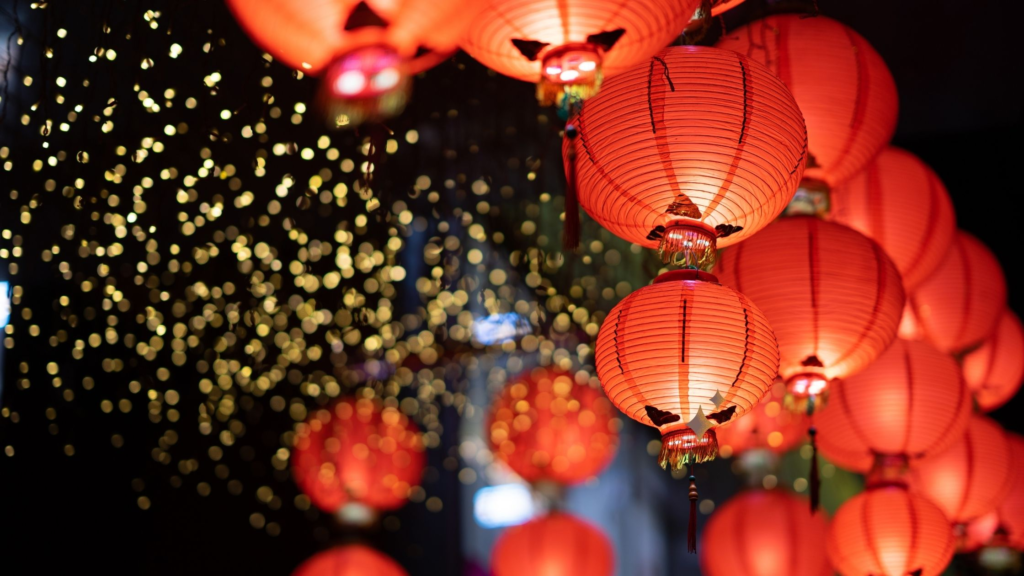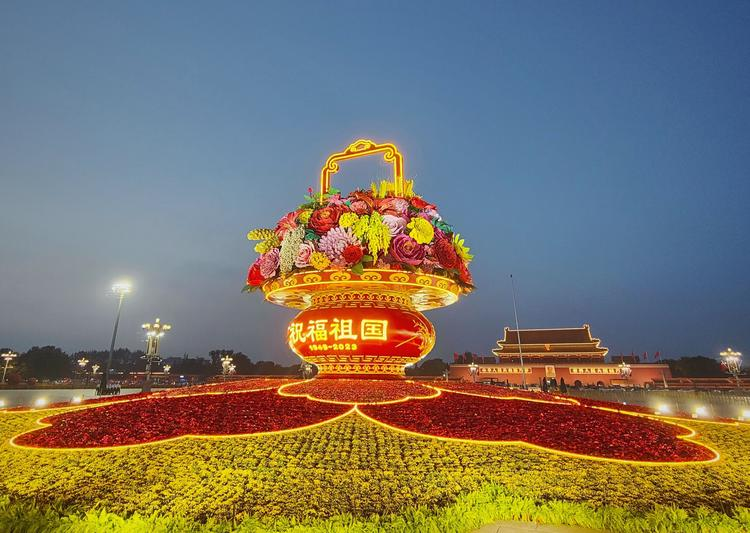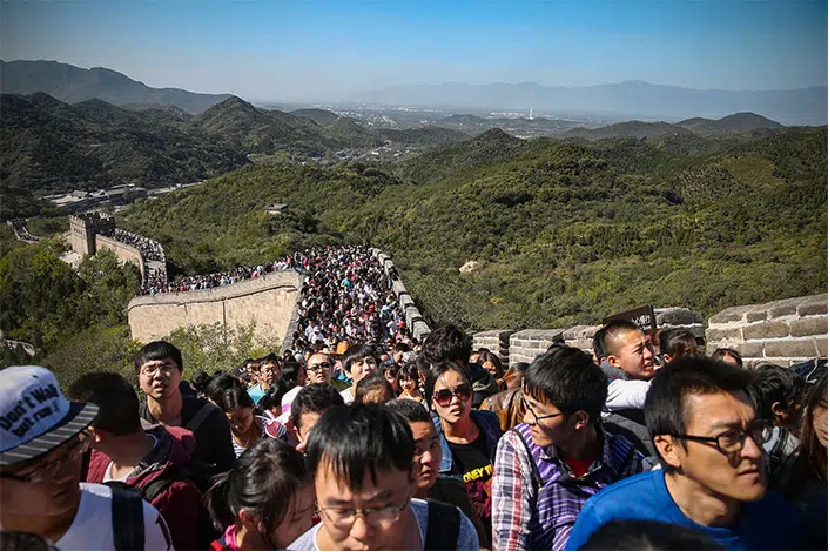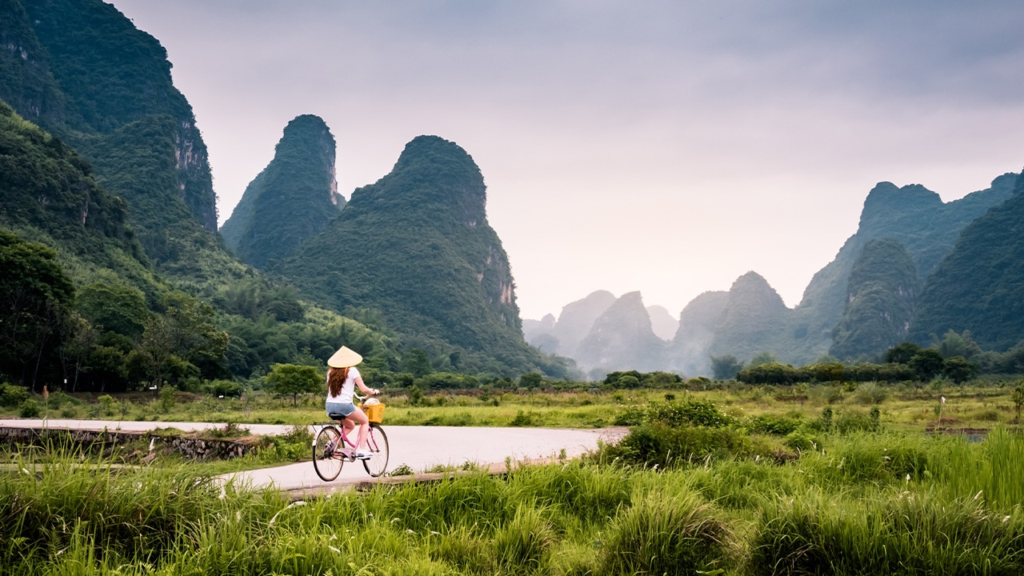China, with its rich cultural heritage, observes a variety of holidays throughout the year, each with its unique customs and significance. Here’s an overview of the major holidays in 2025 and some travel tips to help you plan your visit.
Major Chinese Holidays in 2025
- New Year’s Day (January 1st)
New Year’s Day in China, known as “元旦” (Yuan Dan), is celebrated on January 1st according to the Gregorian calendar. The term “元旦” has a rich historical background. “元” (Yuan) signifies the beginning or the first, while “旦” (Dan) is a pictographic character representing the sun rising above the horizon, symbolizing the start of a day. Together, they mean the first day of the New Year. It’s important to note that New Year’s Day is not the same as the Chinese New Year (the Spring Festival). While New Year’s Day is not as grand as the Spring Festival, it is still a public holiday in China, and people take this opportunity to rest, celebrate, and make new year’s resolutions.
- Spring Festival (Chinese New Year – January 28th to February 4th)
The Spring Festival, known as the most splendid and vibrant traditional celebration in China, heralds a joyous period of family reunions, the observance of time-honored customs, and a week-long national holiday filled with jubilation. This significant occasion marks the celebration of the Lunar New Year, a time when the entire nation comes alive with a multitude of festive activities that showcase the rich cultural heritage and customs of the Chinese people. From the bustling streets adorned with red lanterns and couplets to the warm gatherings around the dinner table, every aspect of the Spring Festival is steeped in tradition and imbued with the spirit of renewal and joy. The air is filled with the sounds of fireworks, the aroma of delicious feasts, and the laughter of families coming together to celebrate this most auspicious time of the year.

- Qingming Festival (April 4th)
Known for honoring ancestors with tomb-sweeping and cherished rituals amidst the blossoming spring scenery, Qingming Festival is observed with a 3-day holiday.
- Labor Day (May 1st)
Labor Day, commonly known as International Workers’ Day, is celebrated each year on the first day of May in China. In recent years, the holiday period for Labor Day has been extended to include a longer break, often encompassing several days both before and after May 1st. This extended break provides an opportunity for people to take a short vacation and enjoy some relaxation, while also stimulating domestic tourism as many people take advantage of this time to travel within their own country.
- Dragon Boat Festival (May 31st to June 2nd)
Famous for captivating dragon boat races and the wrapping of zongzi, this festival is a vibrant display of Chinese cultural heritage and is observed with a 3-day holiday.
- Mid-Autumn Festival (October 6th)
The Mid-Autumn Festival, featuring mooncakes and moon-gazing, highlights family unity. It’s a one-day holiday for people to reunite and enjoy time with family. The festival underscores the value of family bonds and the joy of being with loved ones。
- National Day (October 1st)
Chinese National Day, also known as the founding anniversary of the People’s Republic of China, is celebrated annually on October 1st.
The 8-day holiday from October 1st to 8th is referred to as the ‘Golden Week’, which is a significant period for tourism in China. This weeklong break enables both short-distance and long-distance trips, resulting in a boom of tourist revenue and an overwhelming tourist crowd.During the National Day Golden Week, there is a massive travel rush as people visit family and tourist destinations.

Travel Tips for 2025 China Holidays
Plan Ahead
During the highly anticipated ‘golden weeks’ in China, which include the National Day holiday, the Spring Festival, and Labor Day, it is not uncommon to witness a significant surge in prices across various sectors. Additionally, popular tourist destinations and attractions tend to become extremely crowded as a large number of people take advantage of these extended holidays to travel. To ensure a smooth and enjoyable experience, it is highly advisable to plan ahead and secure your accommodations and transportation well in advance. By doing so, you can avoid the last-minute rush and potential disappointment of not finding suitable options, as well as take advantage of early booking discounts that may be available. Proper planning will help you make the most out of these special holidays and ensure a more relaxed and pleasant journey.

Consider Off-Peak Travel
If at all feasible, endeavor to plan your travels during periods that are outside of the conventional high-season rush, as this will enable you to steer clear of the throngs of tourists and subsequently immerse yourself in a more tranquil and laid-back atmosphere. Opting for the shoulder seasons, which are the transitional periods between peak and off-peak times, can provide you with a more genuine and authentic experience of China. During these times, you’ll likely encounter fewer crowds, allowing you to appreciate the cultural richness and natural beauty of China without the usual hustle and bustle that often accompanies popular tourist destinations.
Explore Lesser-Known Destinations
Instead of adhering strictly to the well-trodden paths of the most popular tourist hotspots, it might be worthwhile to contemplate exploring some of the lesser-known destinations that China has to offer, particularly during the country’s major holidays. These hidden gems can provide an unparalleled and unique perspective on the rich tapestry of Chinese culture and history, allowing you to delve deeper into the nation’s heritage. Additionally, by opting for these less crowded alternatives, you can avoid the overwhelming throngs of tourists that often accompany the more famous sites, thus enabling a more serene and authentic travel experience.

Conclusion
In conclusion, with a bit of planning and an understanding of China’s holiday calendar, your 2025 trip can be enjoyable. Whether you choose to immerse yourself in the bustling festivities of the major holidays, or prefer to avoid local celebrations during your trip, the key is to be flexible and prepared. By booking accommodations and transportation well in advance, opting for private tours, and seeking out less crowded destinations, you can certainly tailor your perfect China itinerary.





